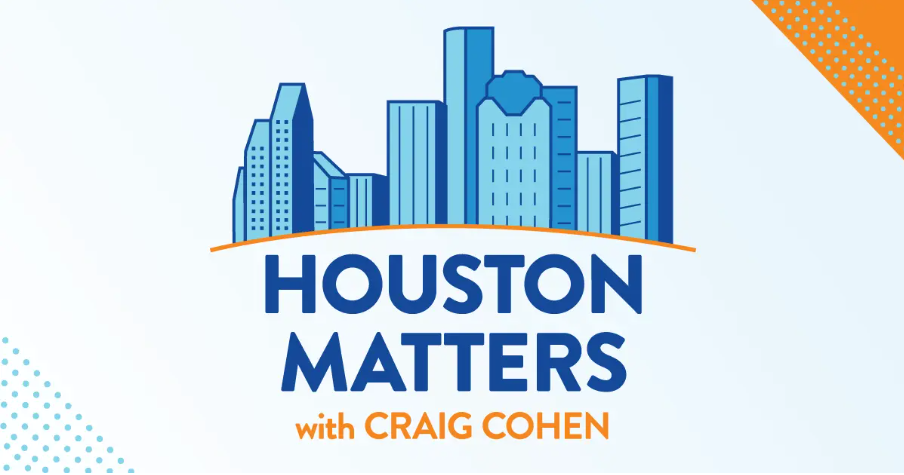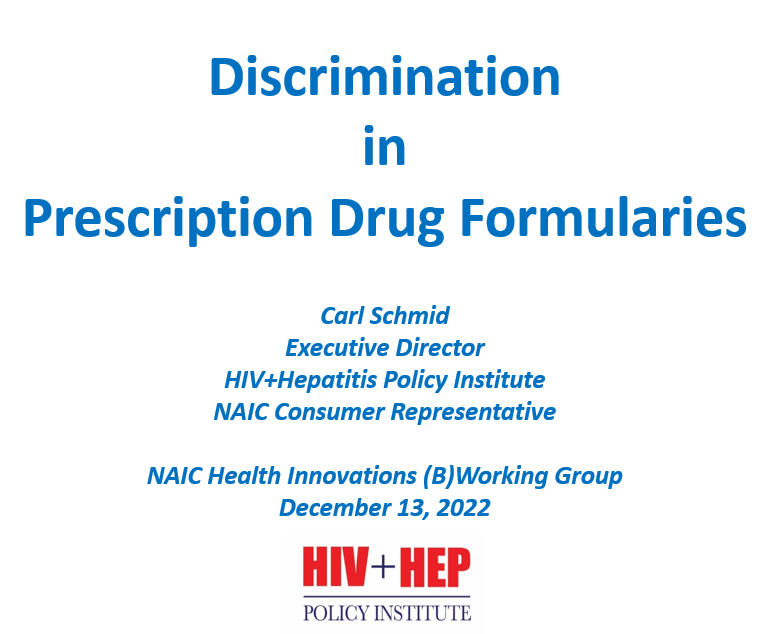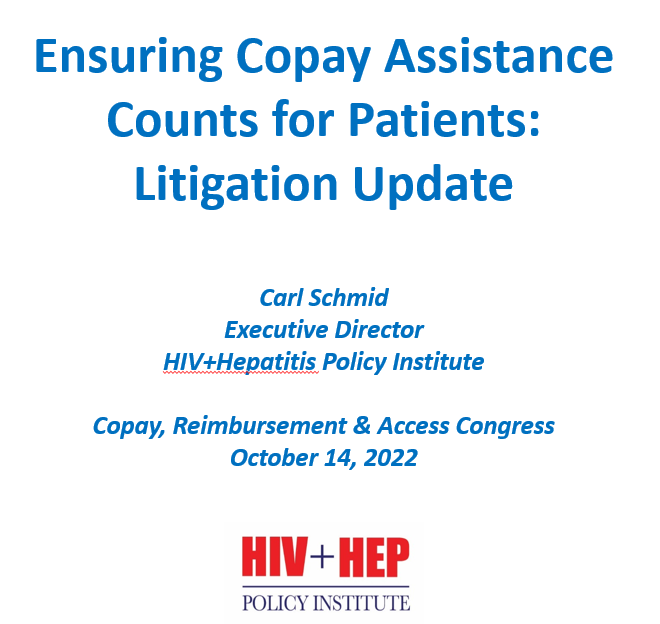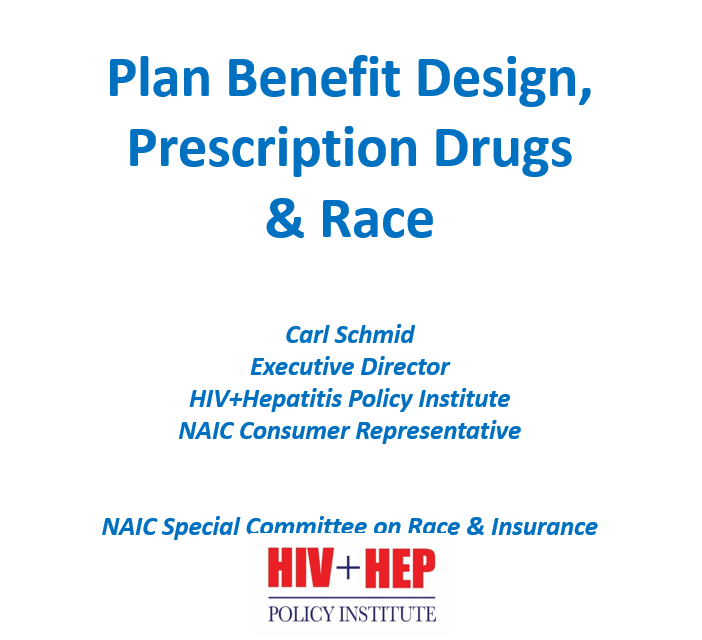Carl Schmid speaks with “Houston Matters” radio, along with a San Antonio, Texas PrEP client, about private insurers continuing to charge cost-sharing for PrEP and associated services and its impact on PrEP uptake.


Carl Schmid speaks with “Houston Matters” radio, along with a San Antonio, Texas PrEP client, about private insurers continuing to charge cost-sharing for PrEP and associated services and its impact on PrEP uptake.

Carl Schmid discusses discrimination in prescription drug formularies, demonstrating how some PBMs and private insurers violate ACA provisions and hurt patients by placing life-saving prescription drugs on higher cost tiers.

At Informa Connect’s Copay, Reimbursement and Access Congress, Carl Schmid discusses the litigation filed by HIV+Hep, the DLC, and the DPAC in the U.S. District Court for DC challenging a federal rule that allows health insurers to avoid counting the value of drug manufacturer copay assistance toward patients’ out-of-pocket cost obligations in violation of the ACA definition of and regulations for cost-sharing.
The HIV+Hepatitis Policy Insite, the Diabetes Leadership Council, and the Diabetes Patient Advocacy Coalition filed suit in the U.S. District Court for the District of Columbia challenging a federal rule that allows health insurers and pharmacy benefits managers to avoid counting drug manufacturer copay assistance toward patients’ out-of-pocket cost obligations. Due to increased deductibles and cost-sharing requirements, patients rely on copay assistance to help them afford their medications.

Carl Schmid presents to NAIC Special Committee on Race & Insurance on how insurance benefit design impacts prescription drug access for racial and ethnic communities and suggestions for overcoming access barriers by reducing utilization management measures, lowering cost-sharing, offering standardized plans, and enforcing ACA non-discrimination policies.